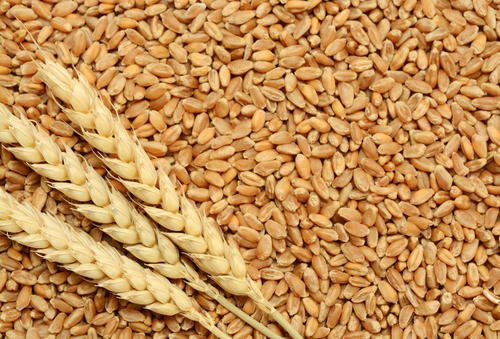Govt ensures availability of fertilizers to farmers at subsidized prices
The Government has already asked all the fertilizer companies to sell their old stocks of DAP etc. at the old prices only.
Government of India is making available fertilizers, namely Urea and 22 grades of Phosphatic & Potassic (P&K) fertilizers including Di-ammonium Phosphate (DAP), Muriate of Potash (MOP)& Single Superphosphate (SSP) to farmers at subsidized prices through fertilizer manufacturers/ importers. The subsidy on P&K fertilizers is being governed by NBS Scheme w.e.f 01.04.2010.
In accordance to its farmer friendly approach, the Government is committed to ensure the availability of P&K fertilizers to the farmers at affordable prices. The subsidy is released to fertilizer companies as per Nutrient based subsidy rates so that they can make available fertilizers to farmers at affordable price.
In last few months, the international prices of raw materials of DAP and other P&K fertilizers have increased sharply. Prices of finished DAP etc. in international market have also increased proportionately. Despite this sharp increase, DAP prices in India were not increased by the companies till last month. However, some companies have now increased DAP price.
Government of India is fully aware of the situation and it is being closely monitored at very high level in the Government. Government is fully sensitive to the concerns of farmers also and is already taking steps to tackle the situation so that farming community can be saved from the effects of this price rise of P&K fertilizers (including DAP).
As a first step, Government has already directed all the fertilizers companies to ensure the sufficient availability of these fertilizers in the market for farmers. Availability of fertilizers in the country is being daily monitored by the Government.
On the pricing front of DAP, the Government has already asked all the fertilizer companies to sell their old stocks of DAP etc. at the old prices only. Additionally, Government of India is also considering the subsidy rates to offset the rise in international prices of raw materials of P&K Fertilizers and DAP in order to support the farmers cause and lessen the financial burden on them. In this extraordinary crisis time of the COVID pandemic, the Government is taking all necessary steps to safeguard the interests of farmers.
The Government has already asked all the














